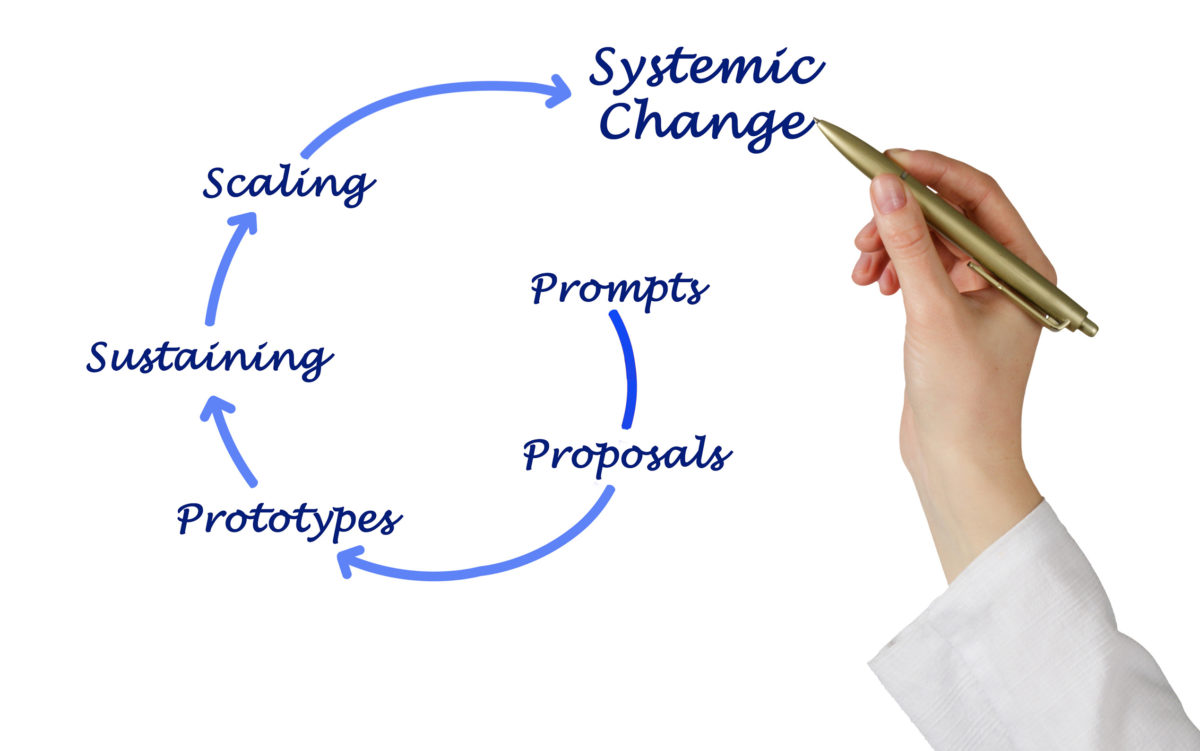
Don Nielsen on the Education Gadfly Podcast
Don Nielsen, program director for the American Center for Transforming Education and author of Every School: One Citizen’s Guide to Transforming Education, appears on the Education Gadfly show to discuss “the feasibility of empowering school administrators, and whether it’s feasible in district schools.” Also discussed on the show is why Nielsen has crafted the new version of his book and how states can move forward with what he refers to as the “Game Plan.” Listen for yourself by clicking the audio below!









